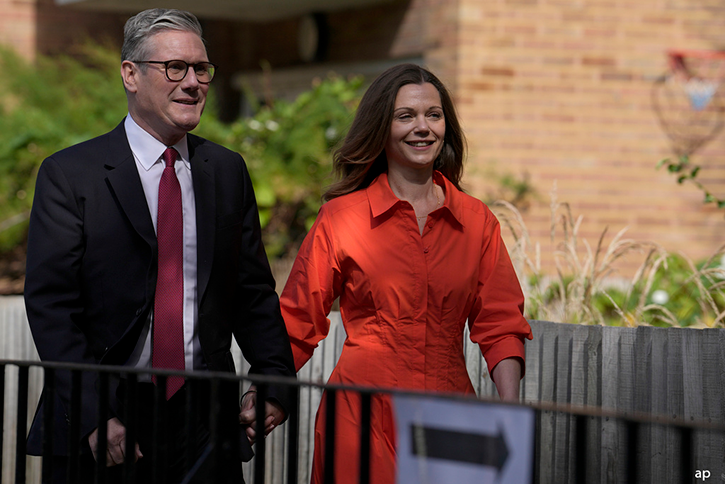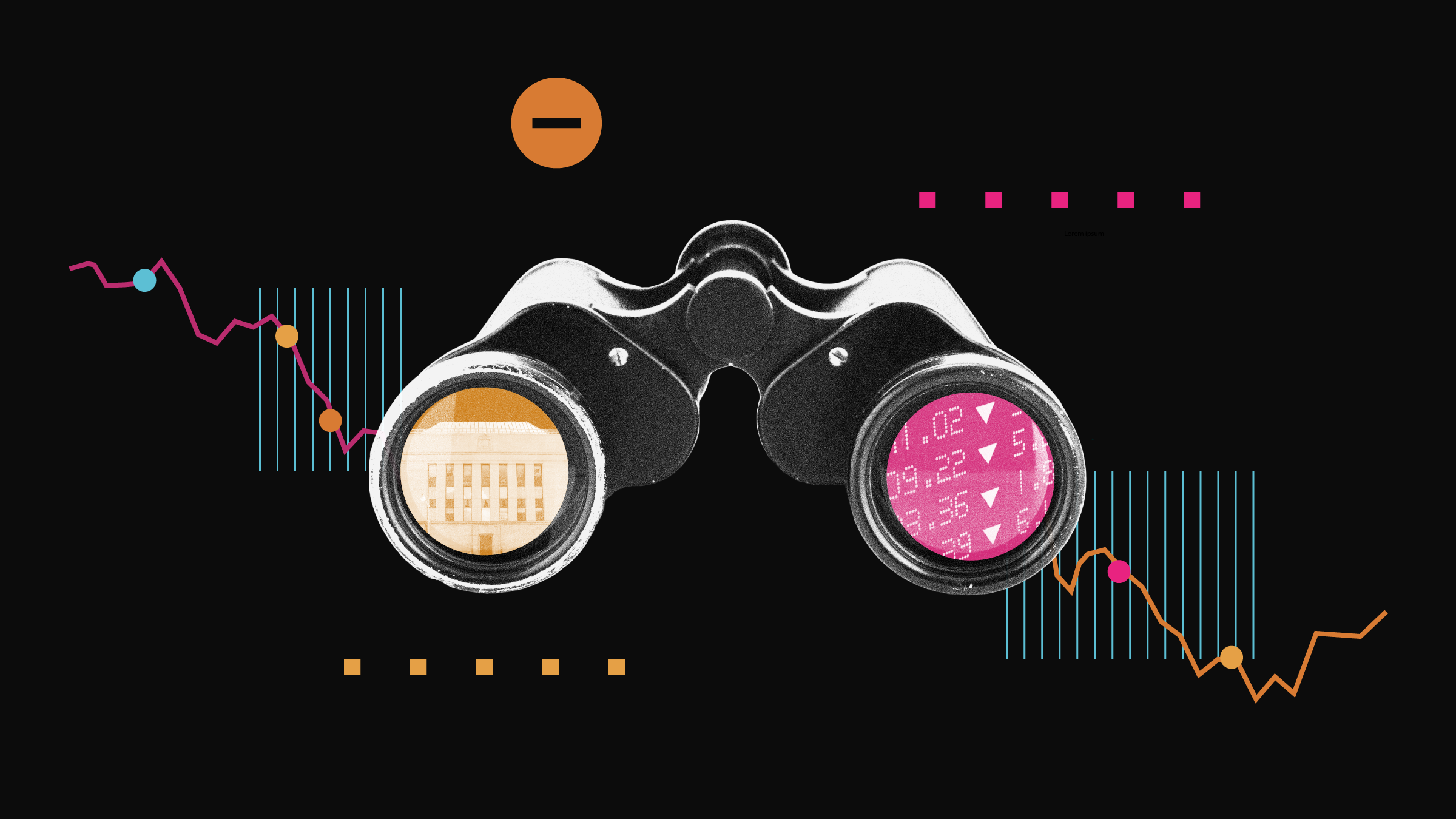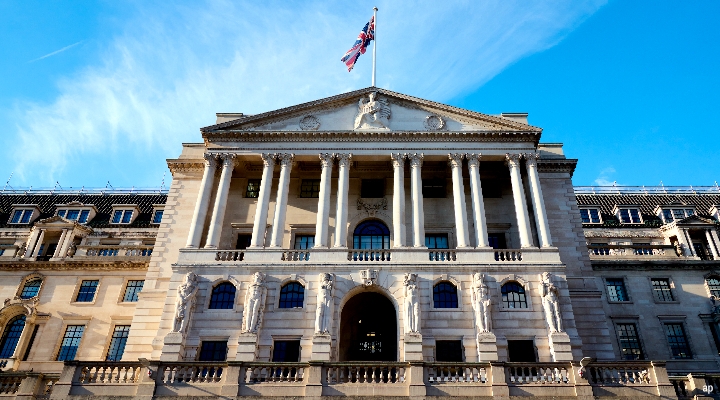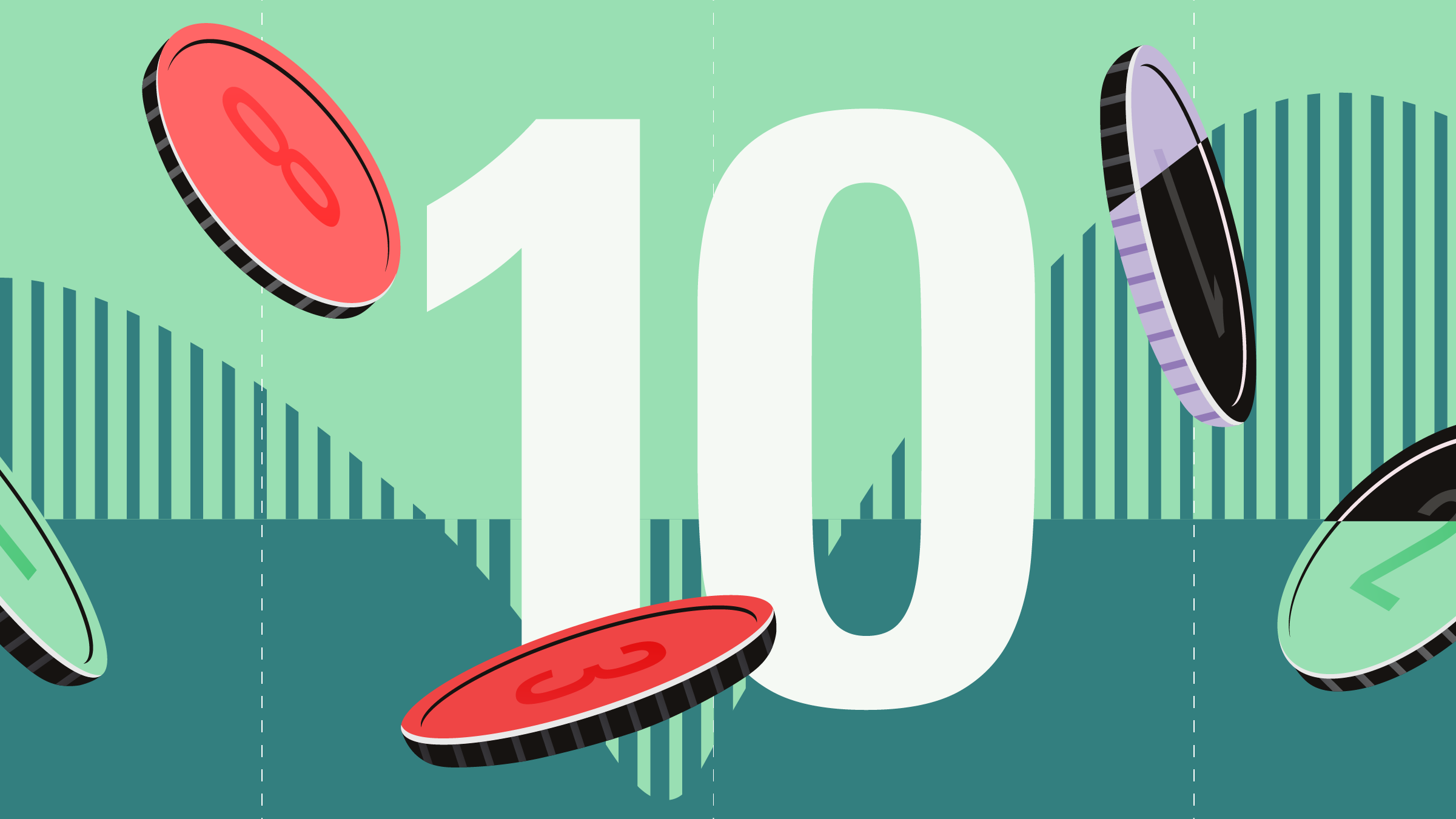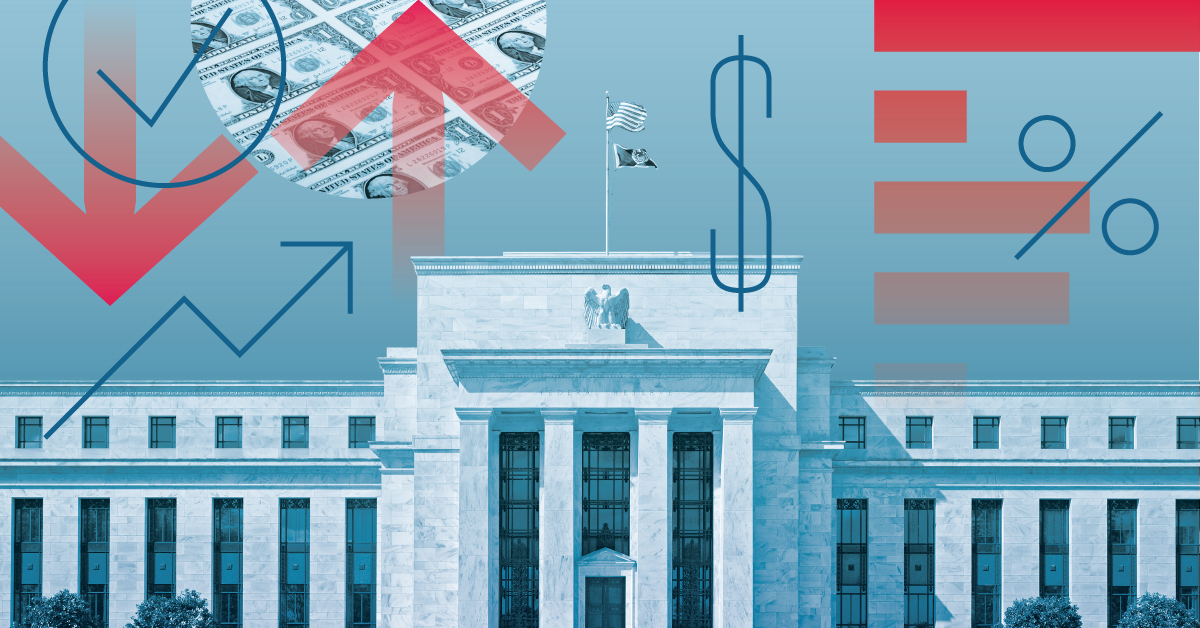With less than one month left of this tax year time is running out for ISA and pension investors – or anyone looking to boost their savings and reduce their HMRC bill. Read our Guide to ISAs, Pensions and Tax-efficient investing to make sure you don’t get left behind.
Saving is the top priority for UK consumers – beating pension provision, mortgage payments, credit card debt and business ventures. According to the latest BlackRock Investor Pulse survey, record low interest rates and squeezed wages have not put consumers off – with the majority of participants saying they would save rather than spend an unexpected windfall of £2,500.
Unsurprisingly men, who still on average earn more than women, managed to save more in the past year at £2,359 compared to £1,795 for women.
Consumers are being bold when it comes to investments too – and against a backdrop where there have been plenty of reasons to abstain. The past 12 months have seen significant market volatility, beginning over the summer with the correction in China stock markets, this soon spread to global markets and across asset classes. The second trigger of the Fed rate rise in December added fuel to the fire. But consumers remain positive on the whole; investor confidence across Europe was 41%, and above average in the UK, Germany, Spain and the Netherlands. In the past year men revealed they had invested an average of £4,741 while women had invested £3,313.
Over-reliant on Cash
While the positive saving and investing habits are to be applauded, some worrying statistics were revealed by BlackRock regarding attitudes to cash – particularly among women.
Cash made up the bulk of participants savings and investments – 73% for women and 60% for men. Even more worryingly was the active element to the decision; both genders say that their ideal weighting for cash was 40% of a multi-asset portfolio. Many considered an equal weighting between cash and equities to be the ideal balance.
This echoes findings by the People’s Pension this month which looked into what recent retirees would be doing with their newly accessible retirement savings; 44% said they would be taking the whole lot as cash.
Clare Finn, head of defined contribution pension investments at BlackRock said for many cash was deemed the safest option simply because they understood it.
“There is definitely a longevity risk with cash. One in five people at retirement age now will live to 100, but think they will only last until 79,” she said. “The day you retire is now the riskiest day of your life – you have the longest retirement in front of you and your earnings will go peak to trough in 24 hours.”
What Should You Do?
While cash is essential for liquidity purposes – you cannot pay the boiler man in share certificates after all – those with a medium to long-term savings plan should consider the growth and income opportunities within the stock market.
Drip feeding investments allows you access to the markets at a lower cost, you can buy stocks and funds from £50 a month, significantly less than the £1,000 lump sum requirement.
Start low with your regular investments and if by the end of the month you have cash to spare, top up your investments. Link your payments to changes in circumstances – if you get a pay rise, increase your contributions, if your mortgage payments fall as you pay down your debt, increase your monthly ISA contributions.
Choosing investments for the first time can be daunting, but ratings agencies such as Morningstar can help. Investors can access free analysis on those funds considered the best in class.
“Saving regularly into an investment ISA is an ideal way to make the most of your allowance. A regular savings plan reduces the worry of investing at the wrong time by encouraging you to invest no matter what the market is doing,” says wealth manager St James Place. “Steady, long-term investing is the best way to help absorb the unpredictable movement of markets.”










